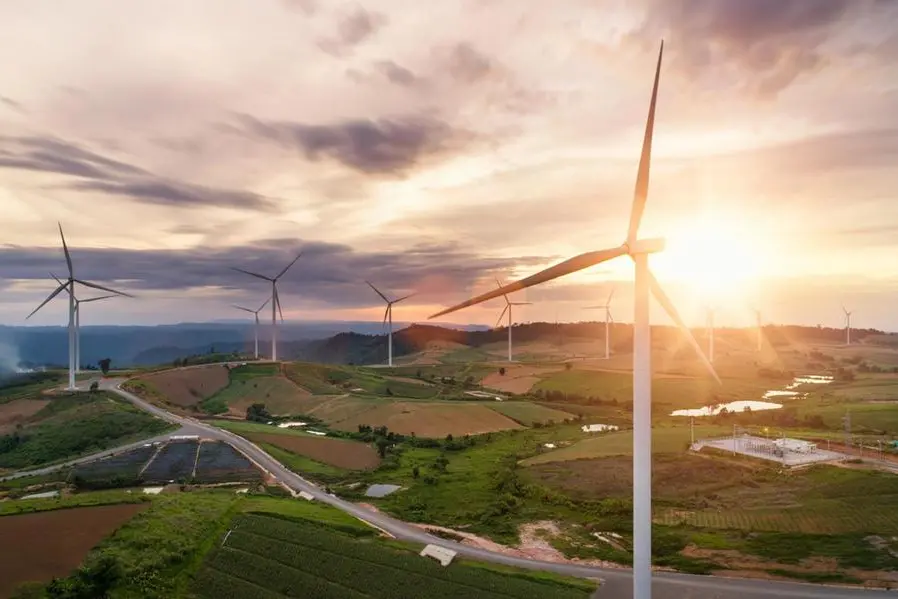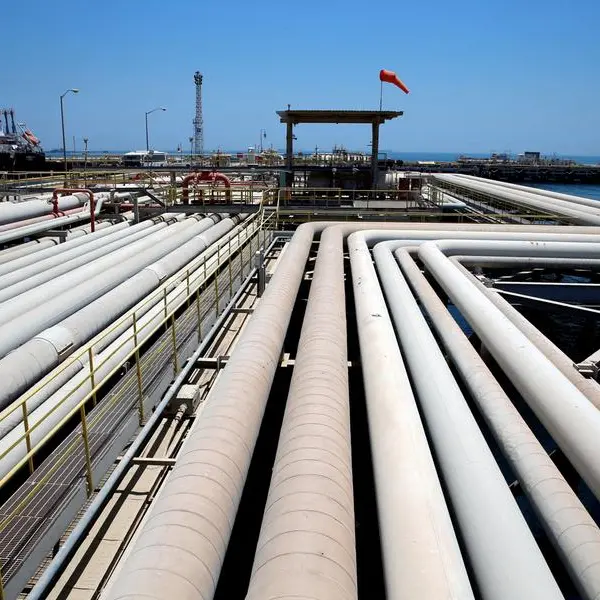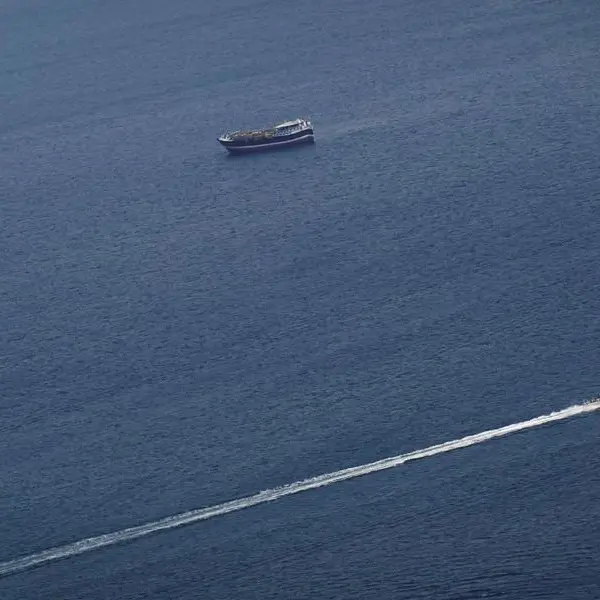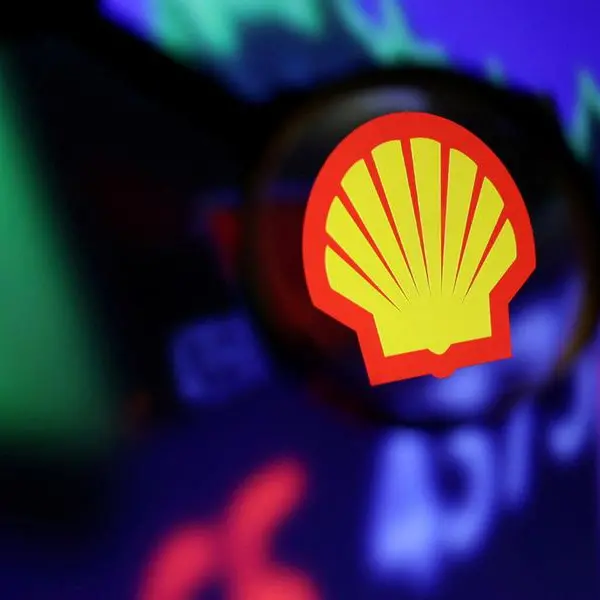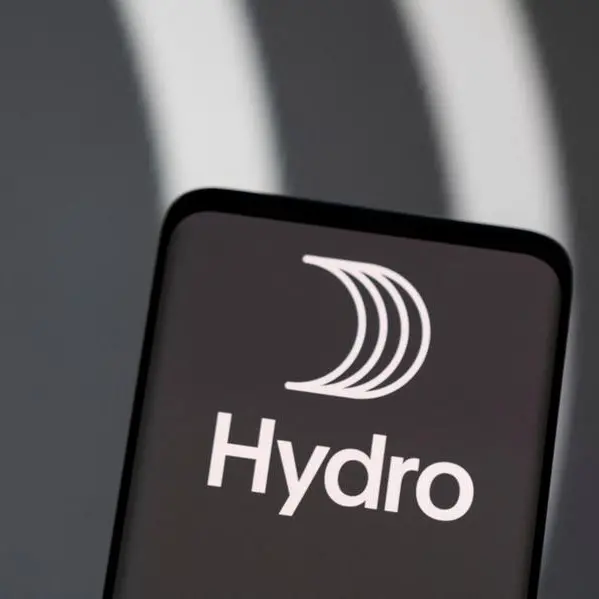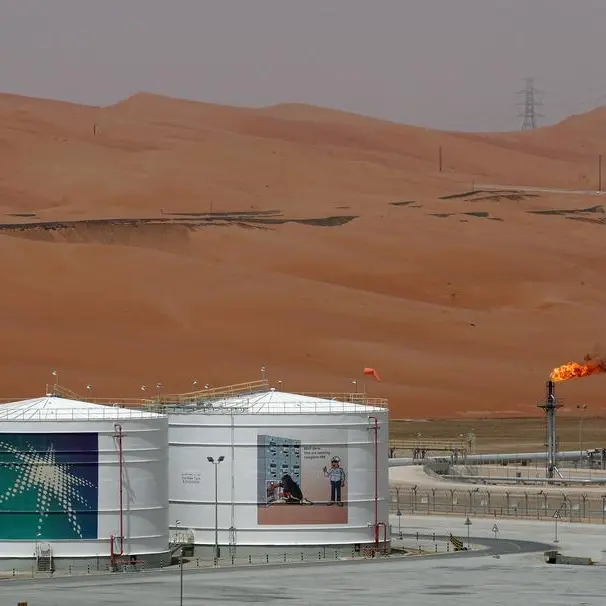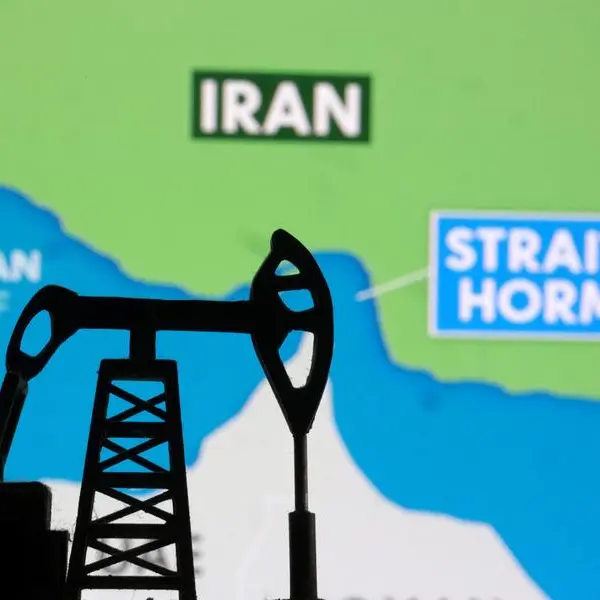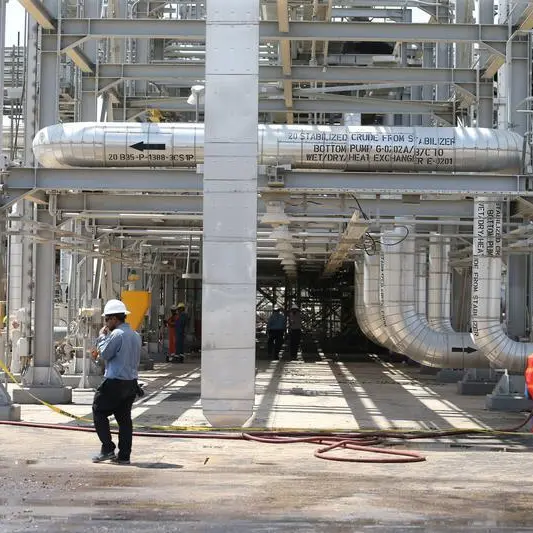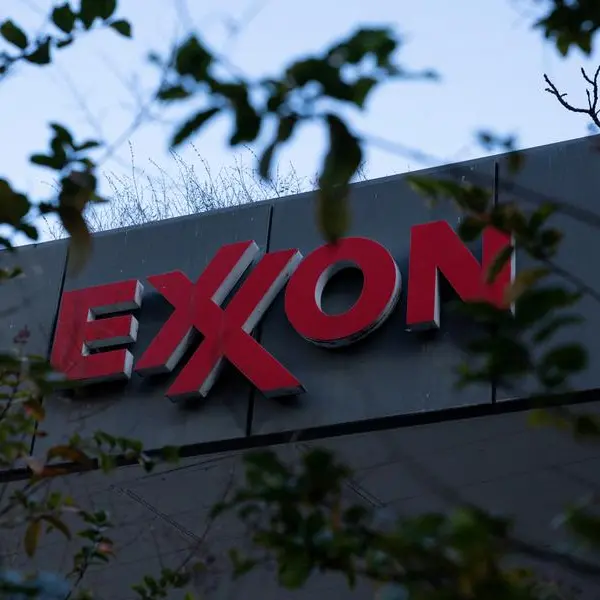PHOTO
West Africa has a potential renewable energy capacity of 2,000 gigawatts (GW), which could meet the basic energy needs of its population, according to a new report by Abu Dhabi Future Energy Company (Masdar) and PwC Middle East.
Currently, the region has one of the lowest electrification rates, the report said, citing the World Bank, with 220 million people living without access to power, coupled with some of the highest electricity costs in sub-Saharan Africa.
This creates an urgent demand for a pro-investment policy to kickstart renewable energy projects across the region as the only rational way to both decarbonise the economy and meet social and economic needs, the report titled “Accelerating Renewable Energy Investment in West Africa” stated.
“The report reaffirms the reality that a massive expansion of renewables is the only way Africa can meet the parallel goals of economic development and decarbonisation,” said Dr Sultan Al Jaber, Chairman of Masdar and COP28 President.
“This is the only way of bridging the vast energy access gap experienced by over 600 million people in Africa without worsening the already devastating impacts of climate change across the continent,” he added.
Masdar will be working hand-in-hand with its partners in Africa to deliver the clean energy transition the continent needs, Al Jaber stated.
“Whether that is in Senegal, where the Parc Eolien Taiba N’Diaye wind farm delivers clean energy to over 2 million people, or in South Africa, where our five wind farm projects generate over 600MW of electricity, we are already making a significant contribution towards the continent’s decarbonisation efforts.”
Mohamed Jameel Al Ramahi, CEO of Masdar, emphasised the urgency for Africa to accelerate its efforts if the continent aims to increase its renewable capacity 40 times by 2050.
“We need to rapidly accelerate the flows of climate finance into the renewables space in Africa – bringing together public, private, and development capital to unlock the continent’s incredible potential,” he said.
During the Africa Climate Summit in September, Masdar joined forces with Africa50 to mobilise $10 billion by 2030, committing $2 billion as part of this effort.
Overall, the investment will lead to the development 10GW of renewable energy facilities by 2030, given that the continent’s current installed base is 59GW.
(Editing by Seban Scaria seban.scaria@lseg.com)
